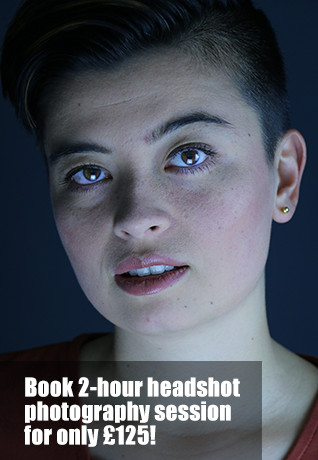Prince of Persia: In a significant leap for the iconic video game series Prince of Persia, Ubisoft Montpellier, the developers behind the Assassin’s Creed franchise, have unveiled the latest installment after a 14-year hiatus. Titled “The Lost Crown,” this release stands out as the first in the series to feature a full Farsi voiceover, paying homage to the game’s roots in Persian mythology and Iranian culture.
A Cultural Shift:
The Prince of Persia franchise has a rich history dating back to its first release in 1989. However, it wasn’t until “The Lost Crown” that the developers decided to fully embrace the cultural influences that have always been at the core of the game. The move to incorporate Farsi into the game’s audio has been met with enthusiasm from fans, especially those with Iranian backgrounds who appreciate the nod to their heritage.
Representation Matters:
One notable aspect of this release is the conscious effort to represent Persian and Iranian culture authentically. The decision to include a full Farsi voiceover was not merely a stylistic choice but a deliberate attempt to accurately depict and respect the cultural origins of the game. This move aligns with a broader industry trend where representation in media is increasingly becoming a priority for developers and creators.
Sam Mandi-Gohmi, a UK resident with Iranian heritage, expressed his delight at the inclusion of Farsi in the game. Reflecting on earlier versions of the game, he noted that previous characters did not “appear fully Iranian.” This shift in perspective and commitment to authenticity is seen as a positive step forward.
Modernizing the Legacy:
Ubisoft Montpellier, taking the reins from the original developers, sought not only to bring back the beloved franchise but also to modernize it. Inspired by the success of Sony’s animated hit “Into the Spider-Verse,” the graphics have received a contemporary overhaul. However, the modernization goes beyond visuals.
In an effort to make the game more authentic, the developers have woven elements of Zoroastrianism, an ancient Persian religion, into the gameplay. This not only adds cultural depth but also aligns with the developers’ commitment to staying true to the roots of the series.
In interview with Tom Gerken BBC’s Technology reporter Mounir Radi and Abdelhak Elguess said:
Mounir Radi, the game’s designer, emphasized the team’s dedication to depicting and respecting Persia and Iran. He explained that it felt natural to stay true to the culture, considering the game’s historical ties to Persian mythology.
Abdelhak Elguess, the game’s producer, expressed pride in the changes made. He highlighted the positive reception from individuals with Persian backgrounds, indicating that the team’s efforts to authentically represent the culture were well-received.
However, “The Lost Crown” not only marks the return of a beloved gaming franchise after a lengthy hiatus but also signifies a shift towards more inclusive and culturally respectful game development. As the gaming industry continues to evolve, the importance of representation and authenticity in storytelling is increasingly being recognized, and “The Lost Crown” stands as a commendable example of this positive trend.



